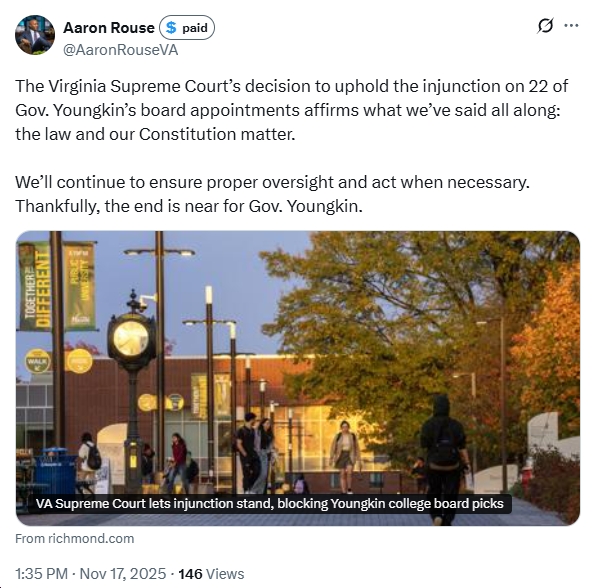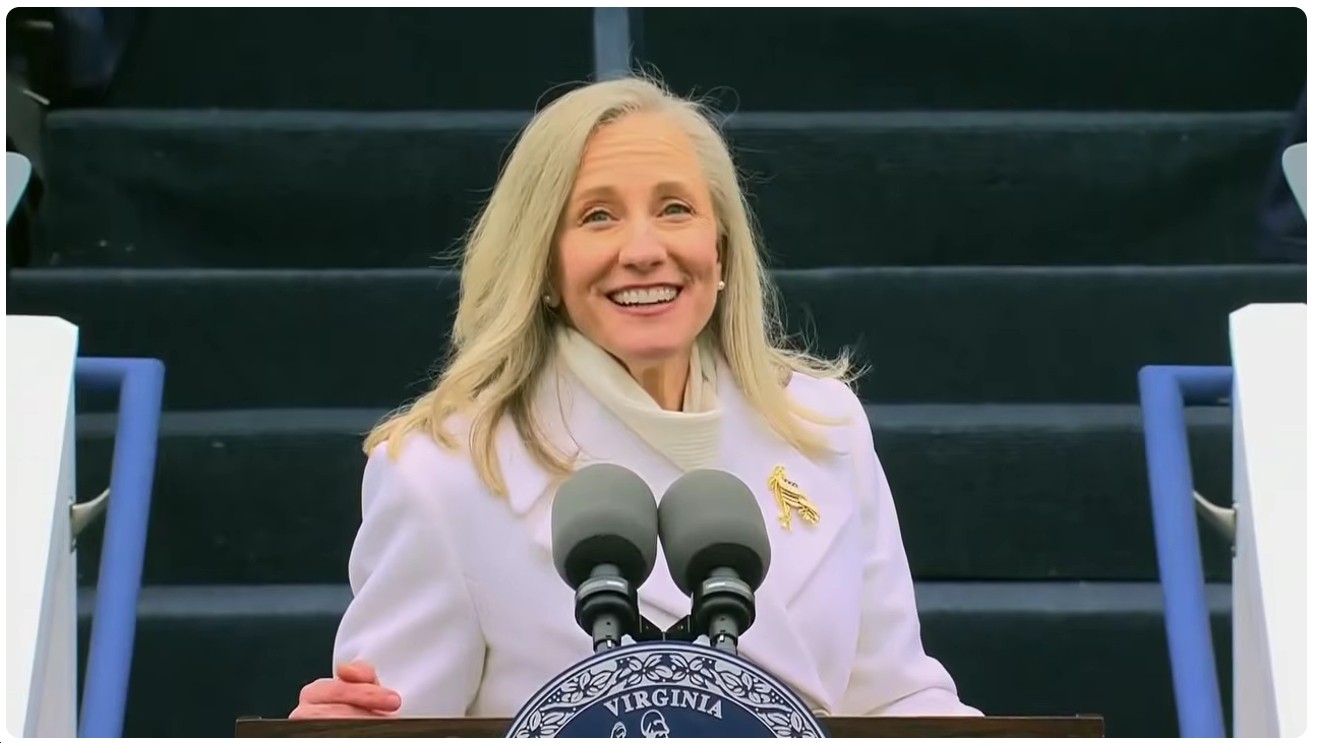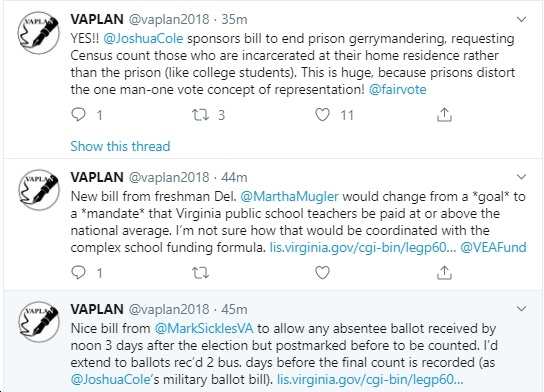Last week, I posted an interview with Makya Renée Little, a member of the Virginia Commission on African-American History Education. The commission started last August 24, when “Governor Ralph Northam signed Executive Order Thirty Nine…charg[ing] the group with reviewing Virginia’s history standards, and the instructional practices, content, and resources currently used to teach African American history in the Commonwealth; and with examining and make recommendations on the professional development supports needed to equip all teachers for culturally competent instruction.” Our focus in that interview was on how African-American history has been taught, and should be taught going forward, in Virginia.
Now, I’ve had the chance to speak with another member of the Commission – Maria Burgos, Supervisor of Global Learning & Culturally Responsive Instruction for Prince William County Public Schools, and I wanted to share some highlights from our discussion as well. See below for some interesting thoughts by Maria Burgos; bolding added by me for emphasis.
- “We are one committee reviewing Virginia’s standards of learning for history and social studies and making recommendations that are inclusive of African American history. The committee is well rounded, with parents, community members…university professors… historians… school district representatives who are very committed to inclusivity and are wonderful thought partners.”
- “We are also in subcommittees; mine is addressing technical edits and providing recommendations to enriched standards related to African American history, and I am a member of the second subcommittee collaborating with a great group of folks to recommend and frame critical areas of culturally responsive practices for district leaders, school leaders, and teachers.”
• “With cultural proficient responsiveness practices, we’re looking at four critical areas: culturally proficient responsive schools and what the goals would be around that; culturally proficient responsive leadership and what the responsibilities and goals would be about that; also…recommendation of culturally proficient responsive educators understanding culturally proficient responsive practice and understanding of measurable goals. That includes critical levels of indicators and evidence around those.”
• “I work in the Office of Professional Learning, supporting schools to create shifts from monocultural learning environments to fully inclusive and proficient learning environments. This means professional learning to understand how society influences our thinking, daily interactions, and decisions we make impacting student achievement and wellness. Cultural proficient responsive practices are a journey, not a destination, and must continuously engage all stakeholders to ensure the climate or school culture is inclusive. Culturally proficient responsive instruction is a powerful pedagogy because it bridges lived experiences with academia for deeper understanding beyond just memorization. Cultural proficiency also builds our racial stamina and understanding of institutional racism and other ‘isms’... that will address lgbtq…people with disabilities…people who have different faiths…A key goal of cultural proficiency is to be in a consistent state of reflection to assess our practices, to disrupt negative biases in our decisions, and to eliminate microaggressions/stereotypes in our daily practices that have historically oppressed and marginalized Blacks, Indigenous, and People of Color (BIPOC).”
• “Defensiveness is a common emotion when equity conversations are on the table. Cultural proficient responsive training isn’t about making people feel bad, equity is not about BIPOC versus whites, equity is about humanity fighting institutional racism to truly become the ‘*United* States America’ rather than a slogan.”
• “When you talk about defensiveness, I like to quote Dr. Robin DiAngelo, author of the book “White Fragility: Why It’s So Hard for White People to Talk About Racism.” DiAngelo has identified these four areas as triggers of defensiveness (fragility): lack of racial identity; uninformed opinions; how we’ve been socialized not to really think about race; and the simplification of what racism really means or what it means to be racist. People… see it as a singular act done by mean people, and people don’t realize that it’s actually a system that fuels our behaviors.”
• “The commission was formed…the question was asked, how do you feel about doing this work, the area around cultural competency? I was super excited for our teachers and students! I taught U.S. history…in elementary…I taught Virginia history, I taught part one of U.S history and I taught part two of U.S. history in the middle school. As an undergraduate of Fayetteville State University (a historically Black college and university) and experiences as an English as a Second Language student, I understood history has enormous gaps, enormous slants, and that certain terminology was left out. Because in order to understand the concept of slavery after the 16th century, you have to understand its origins, you have to understand pseudoscience that created race categories framing whites as genetically ‘superior’ and BIPOC as genetically ‘inferior’ people. To teach U.S. history without that precursor, you miss the whole boat, the understanding of racism – how it shapes us, how we uphold it, and how we could interrupt it. Thinking about history as a record of our social behaviors allows us to examine the spheres of influence and how capitalism, power, and the fear of losing both shaped our history. That’s how I taught history; I put those three terms up on the board and I said history really is a recap of what we do socially as human beings and what we do to stay in power. We examined ‘history’ through this lens when we discussed policies, wars, and conflicts. Through this lens, students also understood the power of influence, the importance of critically thinking, and how vital democracy is to our voices.”
• Is all this going to require resources? intensive training? What if there’s resistance? “There will be resistance, because as long as you’re underinformed about racism and what it is, you will feel offended. As long as you don’t realize that it’s a position of power, you will feel defensive. Because people very much think in a zero-sum equation. They feel that when folks ask for equity, they’re asking to take a piece of their pie. But nobody’s asking for that. Instead, everyone is asking for the ingredients to make their own pie, to have equal access to those ingredients. As long as we are underinformed about what racism is, about race and your own identity, you’re going to feel offended. That’s why education is power, because it allows us to eradicate racism, and it allows us to start thinking differently and expand our viewpoint. It’s not re-teaching, it’s teaching because there hasn’t been any teaching systemically across the state of Virginia. So we’re not re-teaching, we’re introducing in many parts of Virginia the thought process of what it equity means, to be humanitarians and globalized citizens, something that the Virginia Department of Education has been working towards for many years, and understanding racism is fundamental.”
• “This will take resources – financial resources. But most of all it takes a commitment by folks to say we’ve got to move away from cultural destructiveness to get it to cultural proficiency.”
• “This certainly isn’t a one-trick pony. It’s a paradigm shift on how we deliver learning and create a climate of learning for our most critical people in society, which is our students, who will be the leaders in our world. So we can either continue to make an investment towards creating prisons…and those cost a lot of money…policing in schools, that costs a lot of money…look at the budget for substitute teachers… that’s a lot of money… So yes, it will take some money to be able to create the type of global society that we all want, but seriously at this point don’t have. Is it doable? It’s doable with measures, it’s doable with accountability, and it’s doable with everybody knowing that they matter and that they count.”
• “Our workforce is 80% white across the nation, and Virginia’s educational workforce mirrors the national statistics. Does this mean that a white teacher cannot teach a child of color? Absolutely not! But it’s our responsibility to understand that our cultural dimensional selves will continuously be present as we make decisions about our students and as we plan instruction. It’s critical for our teachers to be educated on what that is, to be continuous learners of cultural diversity, and to advocate and teach advocacy to our students as culturally aware and responsive educators.”
• “Our recommendations are due by September; from there, the ball starts rolling…schools all over the state of Virginia are already making shifts,
• “In my conversations with teachers and leaders throughout the state of Virginia, this is something that they are already addressing right now, and the VDOE will frame the work with great resources, strategies, and new standards of learning to reflect our global Virginia.”
• “I think Gov. Northam’s ‘blackface’ incident is a very good example of cultural blindness; you don’t understand the implications of what you did as a young man when explaining these actions through a culturally blind lens. I believe that this incident incited Northam to look deeper into his thinking and practices. It took off the blinders off thinking that ‘I’m a good person and I’m not racist’ and helped him realize that racism is bigger than him… With the ‘blackface’ incident, we saw what happens when you confront someone about their racism and how folks respond when they don’t understand systemic racism.”
• On people who continue to criticize Gov. Northam for something he did decades ago: “We all understand humility, grace, and growth but have a harder time understanding the culture of individuality. This means that we think there are no intrinsic barriers to individual success and race is therefore viewed as irrelevant. We have this meritocracy myth on race and don’t fully understand racism as a collective, historical system of power and privilege, are present in our policies and daily actions. Gov. Northam is a perfect example of personal growth around equity, and he’s modeling for us what it is to move on a continuum of equity. And look, he made an error in how he handled the matter initially, but has since made a priority to lead with a reflective equity lens and seek guidance from the community. Look at where his body of work has gone…and look at what decisions he’s making collectively – listening to people…and where we are in Virginia. Virginia is now leading some decisions that are far beyond where other states are in the United States. I know [Gov. Northam], Secretary of Education Qarni and the VDOE are 100% behind the work of this commission!”
• On the Virginia GOP using “blackface Northam” to attack him: “That’s all [Republicans] have, because you can put down ‘blackface’…You cannot hit his body of work, because he has aligned his actions to equity. This is a powerful example of what it means to build your racial stamina and be on the journey of cultural proficiency.”
• “When I look at George Floyd and the 8 minutes and 43 seconds…what broke my heart was hearing him cry for his mother, and seeing the life come out of him as his urine trickled down the cement. And I said, I can’t, I can’t. And I think that is the point where the kettle finally burst again for this nation.”
• “It burst during the civil rights movement…when media played it out on TV…people were like, oh my gosh, this is not good and we’re not going to put up with this…[But after Martin Luther King’s speech about the ‘content of your character,’ not the color of your skin] many Americans interpreted that portion of the speech to mean that skin color doesn’t mean anything, it’s the integrity of your character. This colorblind approach has not helped us as a nation and has not helped us see our racial and ethnic differences as a strength, but if anything has helped to uphold racism.”
• “I became an educator with the goal in mind that every child will be loved, every child with have the skills necessary to be anything in life they wish to be…That drives my work today and I feel it also drives the work of commission with so many talented and knowledgeable individuals.”

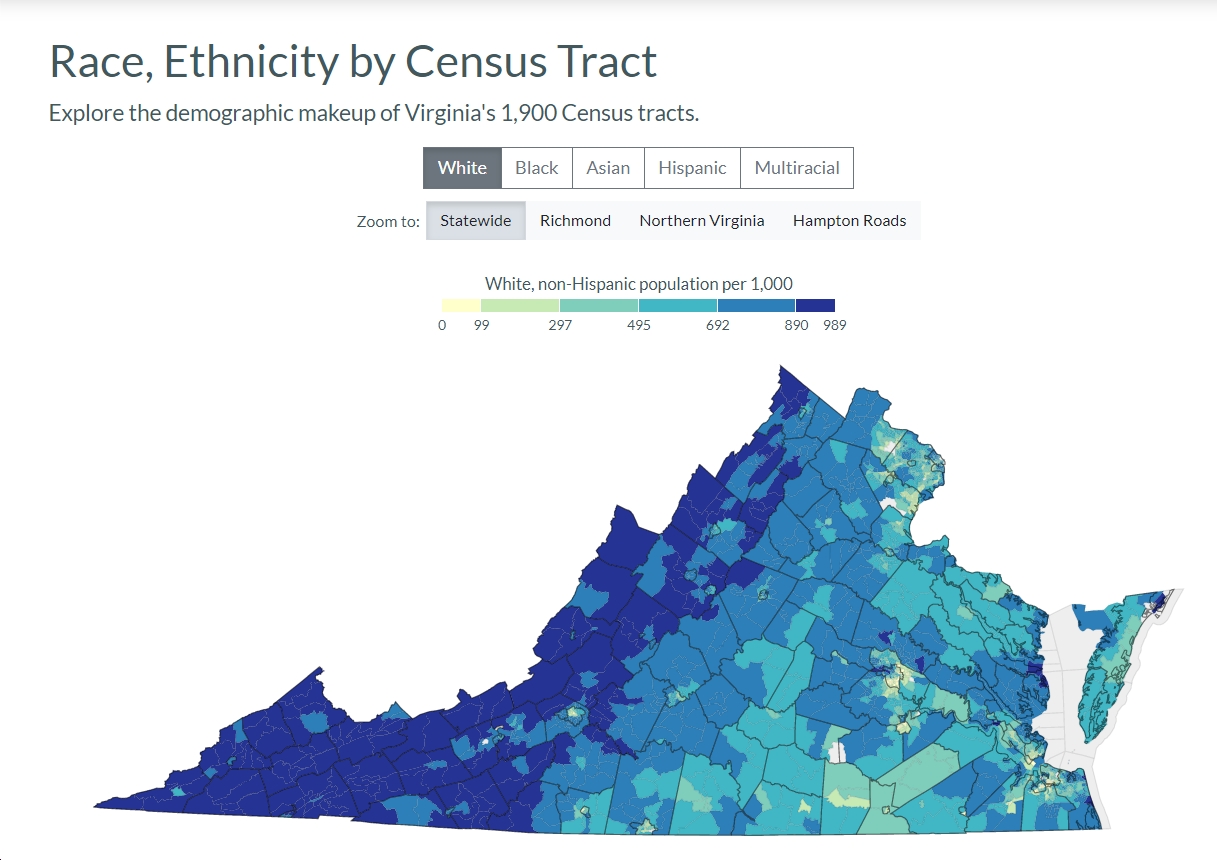
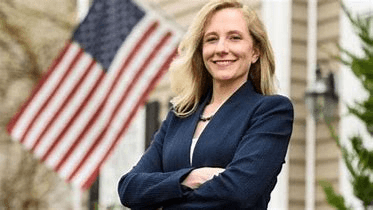
![Virginia NAACP: “This latest witch hunt [by the Trump administration] against [GMU] President Washington is a blatant attempt to intimidate those who champion diversity.”](https://bluevirginia.us/wp-content/uploads/2025/07/gmuwwashington.jpg)
